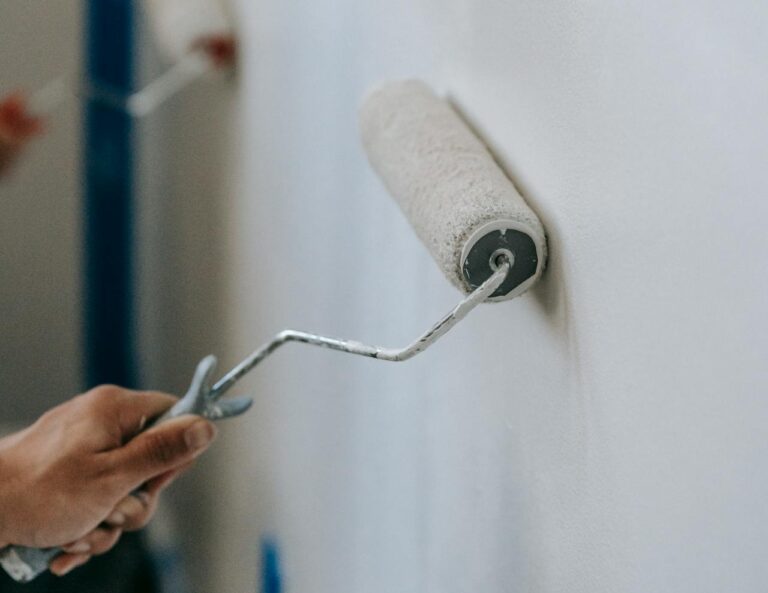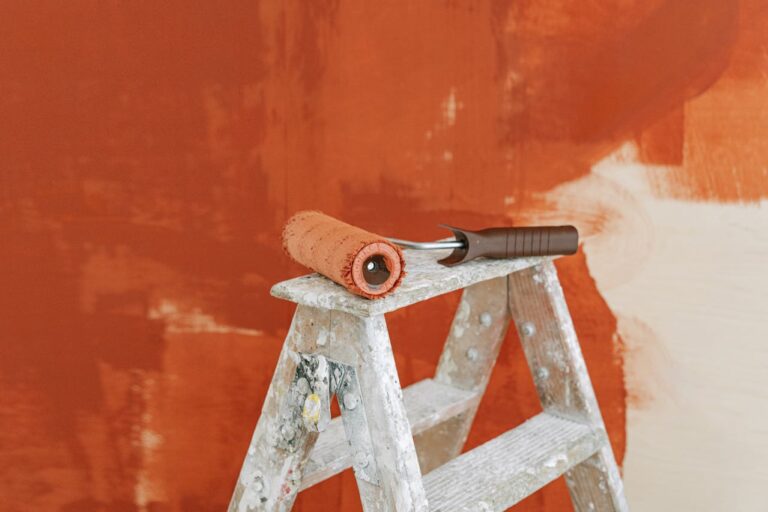
Keeping warm during chilly seasons is crucial, and understanding your heating equipment’s lifespan ensures you stay cozy. This post dives into the average lifespan of heating systems, factors that affect their longevity, and how regular maintenance can extend their life.
How Long Do Heating Systems Typically Last?
Heating systems are essential for comfort in colder months. Understanding their lifespan helps you plan for replacements and avoid unexpected breakdowns. Most heating systems, such as furnaces, boilers, and heat pumps, last about 15 to 20 years. However, this can vary based on factors like usage, maintenance, and quality.
Quality plays a significant role in determining how long your equipment will last. High-end models often have better components and are built to withstand wear and tear. Regular maintenance, such as cleaning and inspections, also significantly impacts their longevity.
Usage levels are another crucial factor. Systems used heavily throughout the year might wear out faster than those used only during the winter. Being aware of these variables helps you take proactive steps to maximize your heating system’s lifespan.
Factors Affecting the Lifespan of Heating Equipment
Various elements can influence how long your heating equipment lasts. Understanding these factors allows you to make informed decisions about maintenance and repairs.
Proper installation is vital to ensure your system runs efficiently. Incorrect installation can lead to operational issues and shorten its lifespan. It’s essential to hire certified professionals for the installation process to avoid potential problems.
Environmental conditions also play a role. For instance, if you live in a humid area, moisture can cause rust and corrosion, impacting the system’s durability. Ensuring your equipment is suited to your local climate can help mitigate these effects.
Finally, consider how often the system is running. Systems constantly running at full capacity tend to wear out faster. Implementing energy-saving measures, such as using programmable thermostats, can reduce the strain on your heating equipment and extend its life.
Importance of Regular Maintenance
Regular maintenance is key to prolonging the life of your heating equipment. It ensures the system runs efficiently and reduces the risk of unexpected breakdowns.
Cleaning is an essential part of maintenance. Dust and debris can accumulate in the system, leading to blockages and reduced efficiency. Regular cleaning prevents these issues and ensures the equipment operates smoothly.
Inspections by professionals help identify potential problems early, allowing for timely repairs. Catching issues before they escalate can save you money and prevent more significant damage.
Routine maintenance can also optimize your system’s performance, improving energy efficiency. An efficient system consumes less energy, reducing utility bills and minimizing environmental impact.
When to Consider Furnace Repair in Sandy
For residents in Sandy, recognizing when to seek furnace repair is crucial for maintaining heating efficiency. Identifying problems early can prevent costly replacements and keep your home warm.
Strange noises coming from the furnace may indicate mechanical issues. Rattling, banging, or squealing sounds should be addressed promptly to prevent further damage.
Uneven heating throughout your home could suggest problems with your furnace. If certain areas are colder than others, it may be time to consult a professional for repairs.
Unusually high energy bills might also signal that your furnace is not operating efficiently. A professional inspection can identify issues affecting your system’s performance and suggest necessary repairs.
Signs It’s Time to Replace Your Heating Equipment
Knowing when to replace your heating equipment is important to maintain comfort and efficiency. While repairs can extend the life of your system, there comes a point when replacement is more cost-effective.
Frequent breakdowns and repairs are a clear sign that your system is nearing the end of its life. If you’re constantly calling for repairs, it might be time to consider investing in a new unit.
Increasing energy bills despite regular maintenance can indicate that your system is no longer efficient. Newer models offer better energy efficiency, which can lower your bills.
Lastly, if your system is over 15 years old, it might be time to start planning for a replacement. Technology has advanced significantly, and newer systems provide enhanced features and efficiency.
Also Read: 6 Tips for Summer HVAC Maintenance and Air Conditioning Repairs
Conclusion
Understanding the lifespan of your heating equipment helps you plan for maintenance and replacements effectively. Regular maintenance, recognizing signs of wear, and knowing when to seek repairs or replacements are crucial for keeping your home warm. By taking proactive steps, you can extend the life of your heating equipment and ensure it runs efficiently for years to come. For more guidance on maintaining your system, consider consulting a professional in your area.







